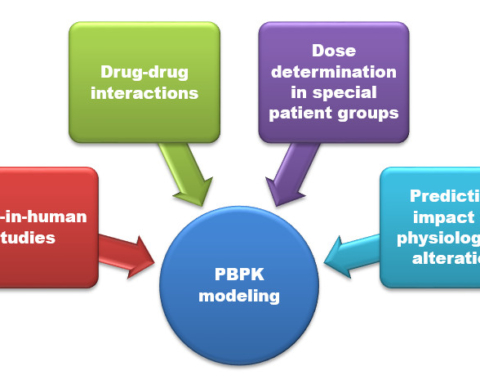The amendment was a response to the Thalidomide tragedy, in which thousands of children were born with birth defects as a result of their mothers taking thalidomide for morning sickness during pregnancy. The bill by
U.S. Senator Estes Kefauver, of Tennessee, and U.S. Representative Oren Harris, of Arkansas, required drug manufacturers to provide proof of the effectiveness and safety of their drugs before approval. It should be noted that Thalidomide had not been approved for use in the United States and that the tragic birth defects that occurred were in other countries. Frances Oldham Kelsey was the FDA reviewer who refused to approve Thalidomide for use.
[wp_ad_camp_4]It introduced a “proof-of-efficacy” requirement, that was not present before. In addition, the Amendment required drug advertising to disclose accurate information about side effects and efficacy of treatments. Finally, cheap generic drugs could no longer be marketed as expensive drugs under new trade names as new “breakthrough” medications, as they were prior to the amendment.
The Kefauver-Harris Amendments to the Food, Drugs, and Cosmetic Act, also known as the Drug Efficacy Amendments of 1962, was signed by President John F. Kennedy and requires that all new drug applications demonstrate substantial evidence of the drug’s efficacy for the marketed indication, in addition to the existing requirement of demonstrating the drug’s safety and adequate labeling for safe use.
United States Congress passed these amendments to tighten control over marketed drugs. A pharmaceutical company now had to prove not only the safety but also the effectiveness of the drug product for its intended use. In addition, the company was required to send to the FDA all adverse reaction reports about the drug product. Pharmaceutical advertisements in medical journals were required to provide complete information about the drug, including its risks. The amendments also required informed consent from subjects who participate in clinical trials.








